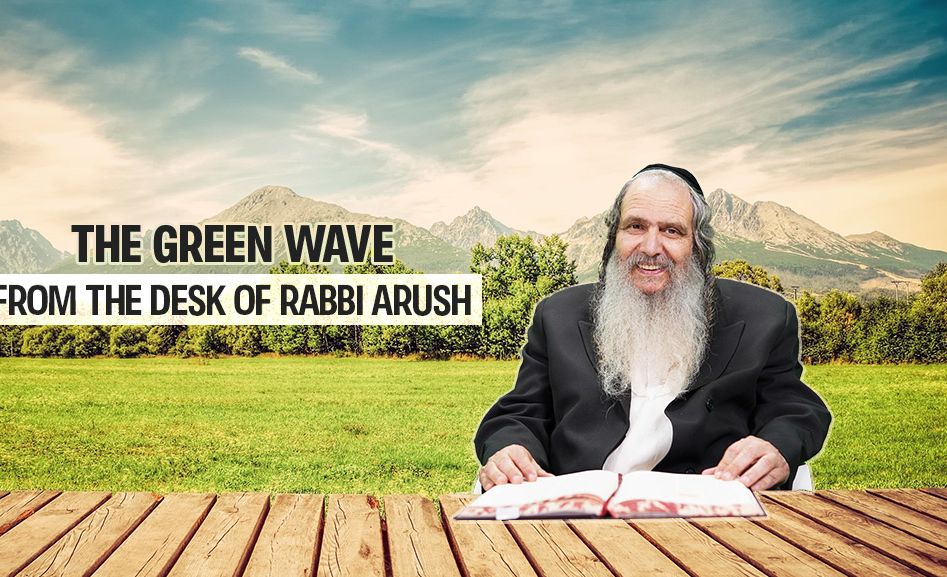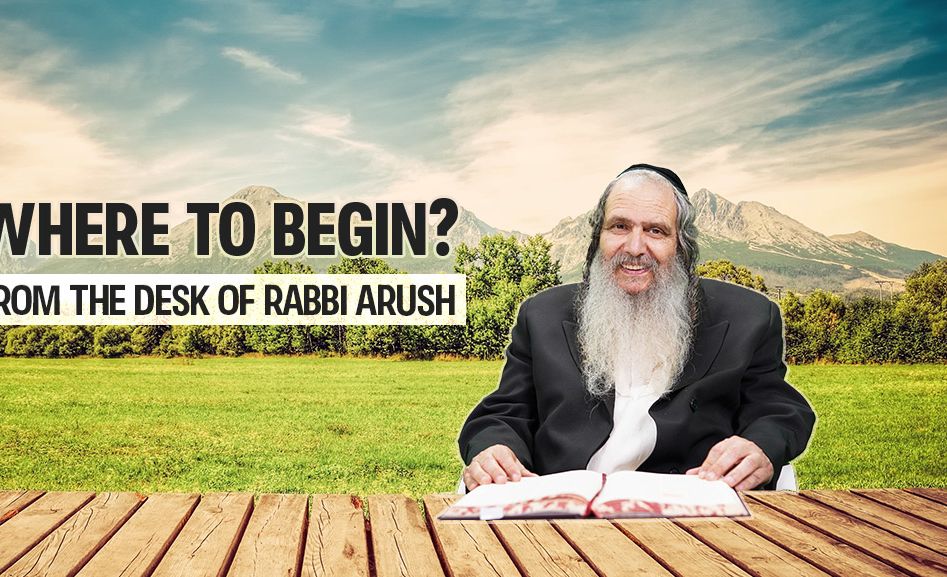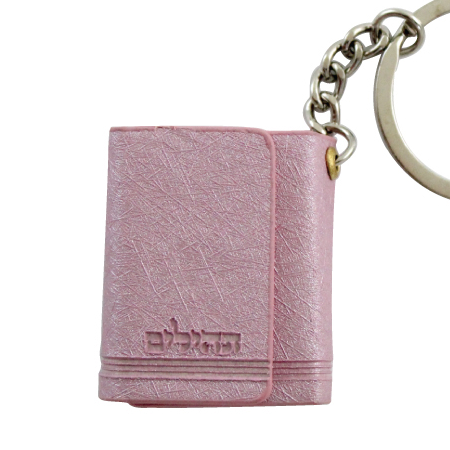
I Am Compassionate
A simple belief in God is laudable, but it’s not always cogent enough to weather severe trials and tribulations. We have to learn about Hashem’s compassion…

Translated by Rabbi Lazer Brody
In Forest Fields, Part 22
Before we learn the practical side of personal prayer, we need to equip ourselves with one of the basic foundations of emuna, namely, Hashem’s mercy.
The Aramaic word for prayer, rachmei, is derived from the Hebrew word for mercy, rachamim. This indicates that prayer is an extension of Hashem’s mercy.
The purpose of creation
The Zohar teaches that Hashem created the world as an expression of His infinite mercy. Rebbe Nachman of Breslev writes (Likutei Moharan I:64): “Hashem created the world as an expression of mercy, since He desired to reveal His mercy, for if there were no world, to whom could He show His mercy? He therefore  created all of creation from the loftiest spiritual worlds to the lowliest physical realm simply to show His mercy.”
created all of creation from the loftiest spiritual worlds to the lowliest physical realm simply to show His mercy.”
 created all of creation from the loftiest spiritual worlds to the lowliest physical realm simply to show His mercy.”
created all of creation from the loftiest spiritual worlds to the lowliest physical realm simply to show His mercy.”A main aspect of emuna is consequently the belief in Hashem’s mercy and compassion. Any belief system that lacks the complete belief in Hashem’s mercy is lacking, and it won’t have the power to help a person in the time of need. The complete belief in Hashem’s mercy and compassion is an intrinsic part in genuine emuna – the pure, simple and complete belief in Hashem – that stands by us and gives us strength during life’s most difficult and trying circumstances. Such emuna leads to happiness, fulfillment, and recognition of truth.
A simple belief in God is laudable, but it’s not always cogent enough to weather severe trials and tribulations. When enhanced with belief in Hashem’s mercy – His love for every one of us, His readiness to help us at all times, and His unfathomable, unconditional compassion – we attain the type of pure emuna that gives us phenomenal resolve and strength.
And I listen, for I am compassionate
The Torah teaches us in Parshat Mishpatim (Exodus 22:26) about a poor person that needs an urgent loan. The lender – rightfully so – asks the poor person for collateral. The poor person has nothing to offer, but the shirt on his back. The lender says, “Do you sleep in that shirt?” The poor person says no. The lender says, “Give me your night garment as collateral.”
The Torah allows the lender to take the night garment, or pajama (they used to sleep in nightgowns, like a men’s nightgown) as collateral, but then commands the lender to return the nightgown to the poor person every day at sundown, so the poor person will have something to sleep in. The poor person, in turn must return the collateral to the lender the next morning at dawn.
The Torah tells the lender, “OK, you want to demand collateral from this poor guy? Fine – take his one and only possession – his night clothing. But, I’m warning you,” says Hashem, “return it to him every evening, because if you don’t, and the poor person cries out to me in desperation, I will listen, for I am compassionate.”
The Torah is revealing to us one of the most powerful foundations in emuna – the pure and complete faith in Hashem. Whenever a desperate person cries out to Hashem from the bottom of his or her broken heart, Hashem listens. Hashem Himself promises: “I will listen, for I am compassionate.”
The great 12th century Kabbalist and Torah commentator, the “Ramban”, Nachmanides, explains that Hashem answers the cry of every single person who sincerely calls out to Him, even if that person isn’t an upright person, for Hashem answers our prayers as a gift. He further elaborates that a person might say, “OK, I’ll return the night garment to a poor tzaddik – a poor righteous person – but I won’t bother with a poor scoundrel – let him suffer!” Hashem says, No! Even if the suffering person is not righteous, I will still heed his or her cry to me! I will listen, for I am compassionate…”
To be continued.













Tell us what you think!
Thank you for your comment!
It will be published after approval by the Editor.